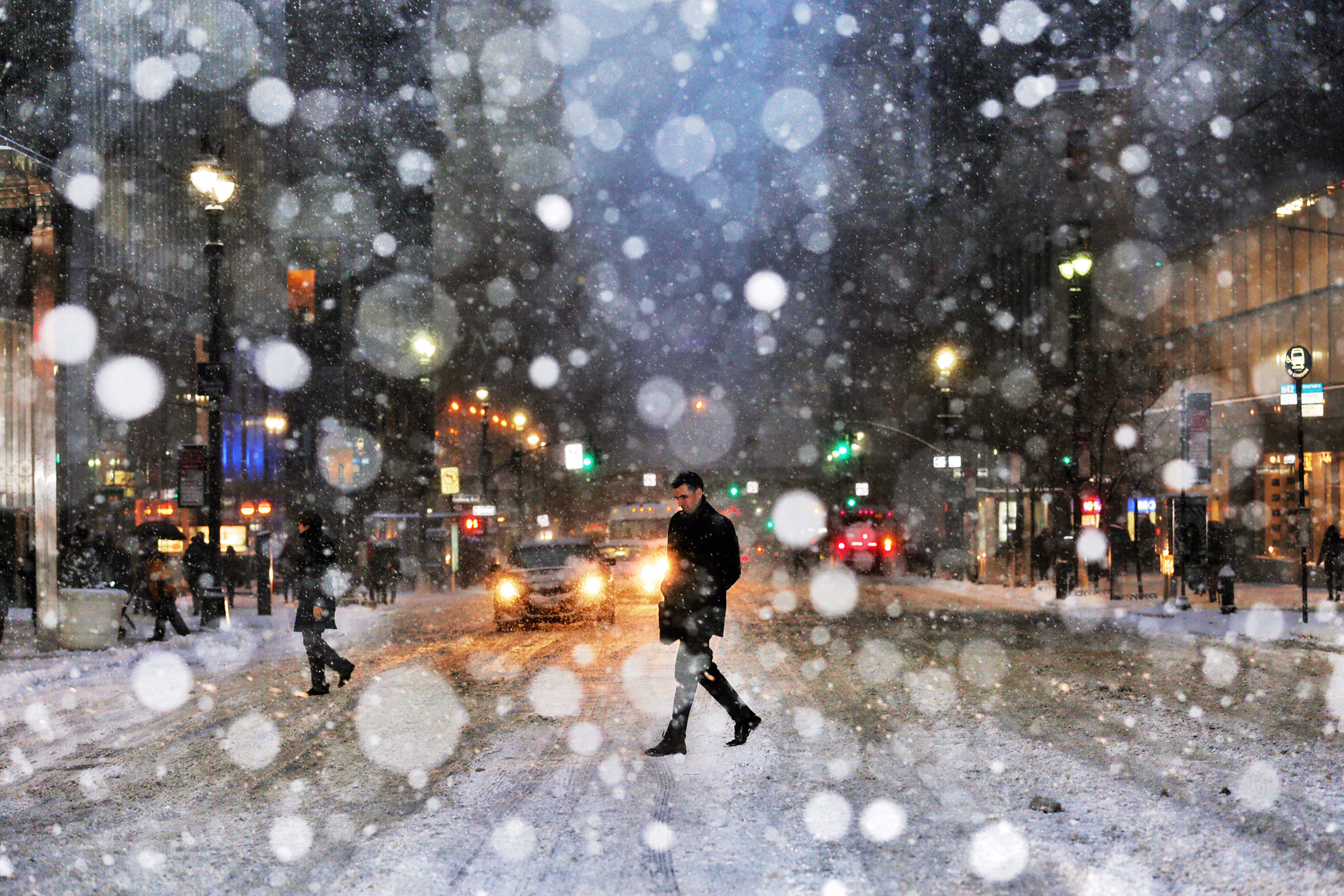
It may still be snowing somewhere, but it’s not too early to draw some conclusions from the great blizzard bust of 2015. Among them:
Politicians are on power trips. This is true both of Republicans like the governor of New Jersey, Chris Christie, who honed his command-and-control techniques during Hurricane Sandy and its aftermath, and Democrats like the mayor of New York, Bill de Blasio, and New York’s governor, Andrew Cuomo, who appeared to see the storm as an opportunity to distract the public from their political problems. When were mayors and governors given the power to ban travel by individual citizens?
Complex systems are hard to predict. The same weathermen who can’t tell for sure one day in advance if New York City will get an 18-inch walloping of snow or a mere dusting are the ones who want us to trust their models for estimated sea level rise by 2100. That doesn’t mean we shouldn’t plan or try to mitigate risks, but it does mean we should apply some skepticism and allow for the possibility that they might be off.
Blizzard 2015: How New Yorkers and New Englanders Shared Photos
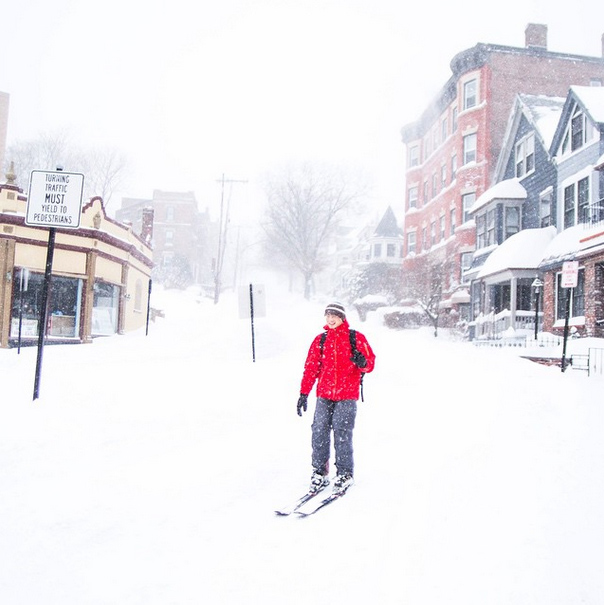
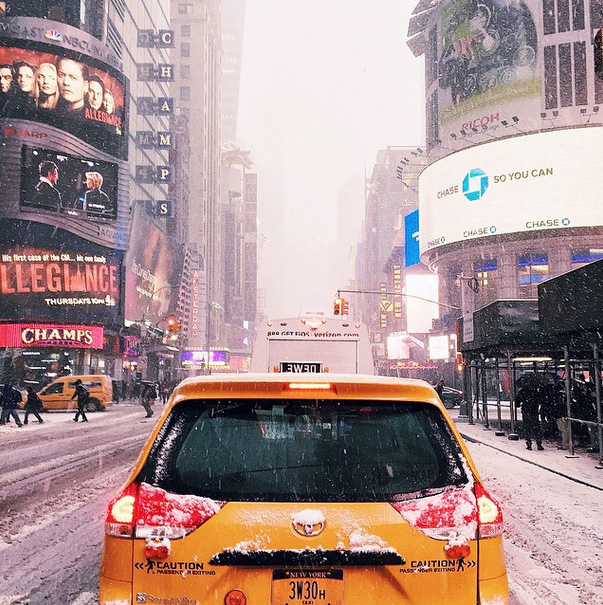
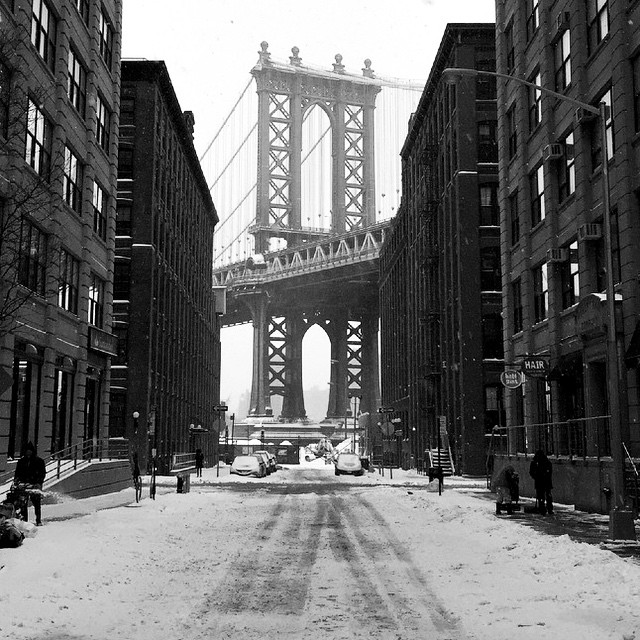
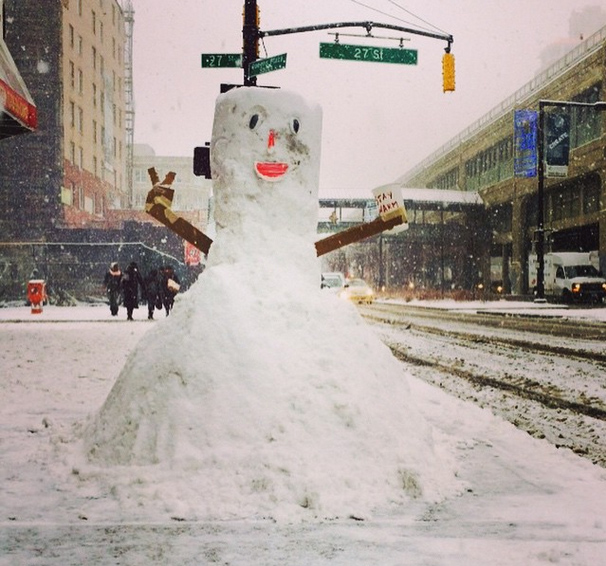
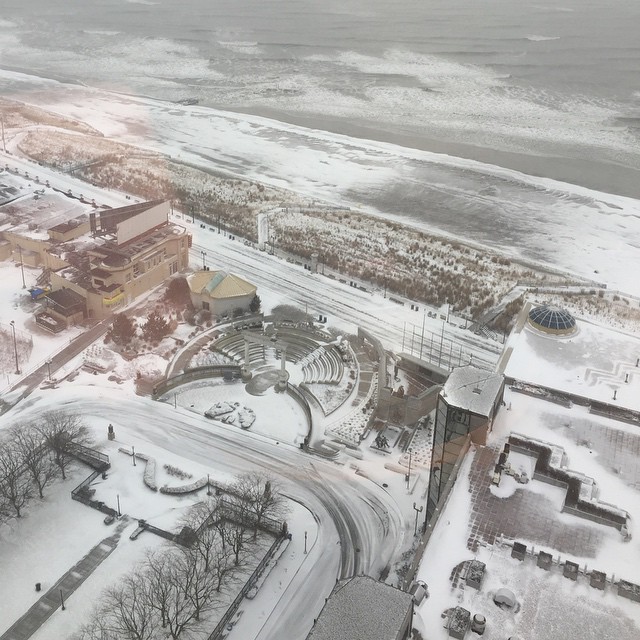
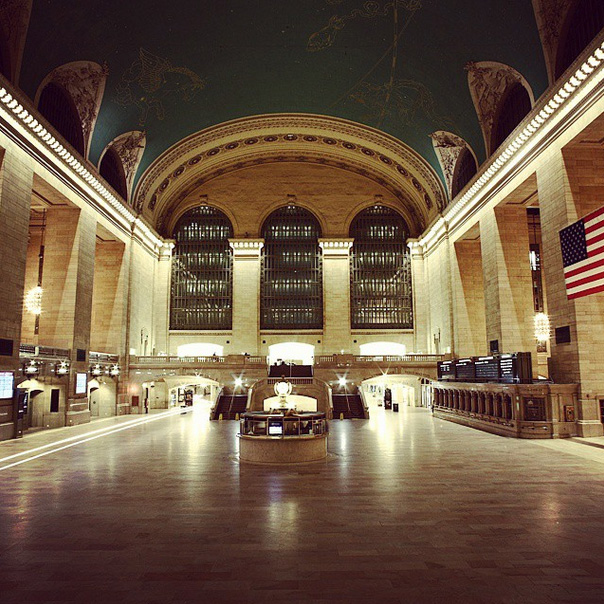

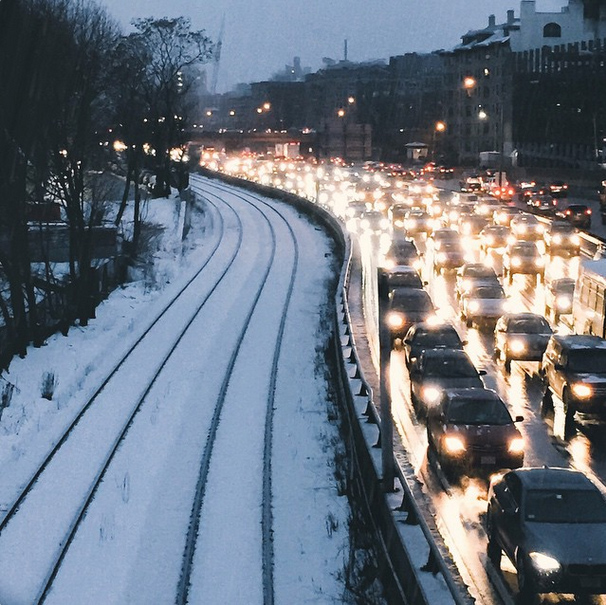
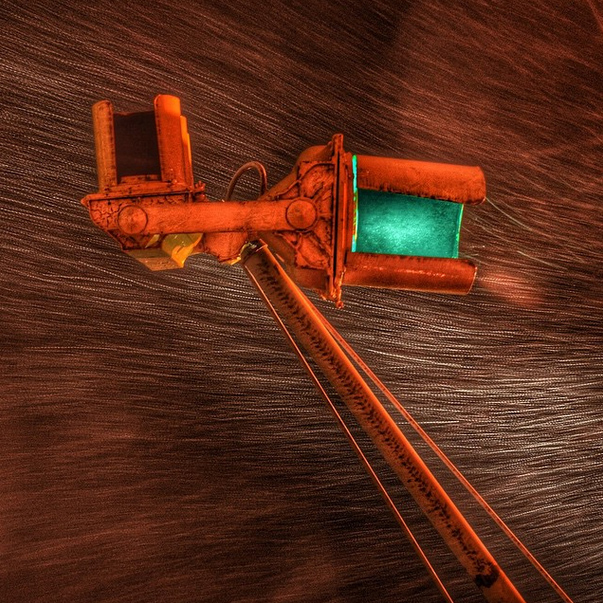
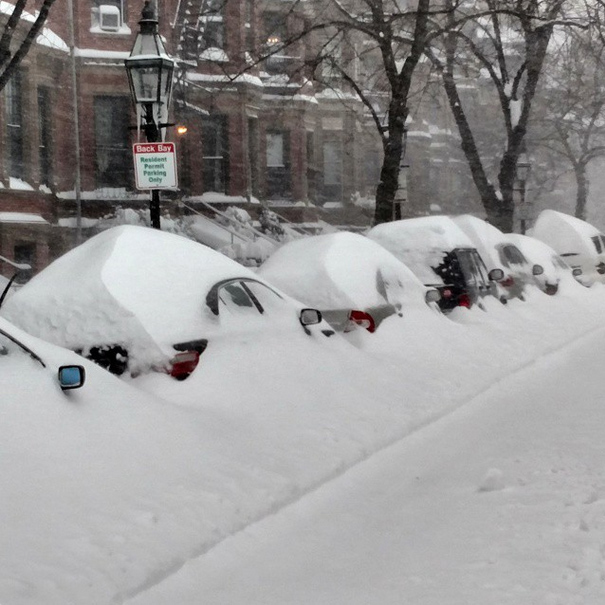
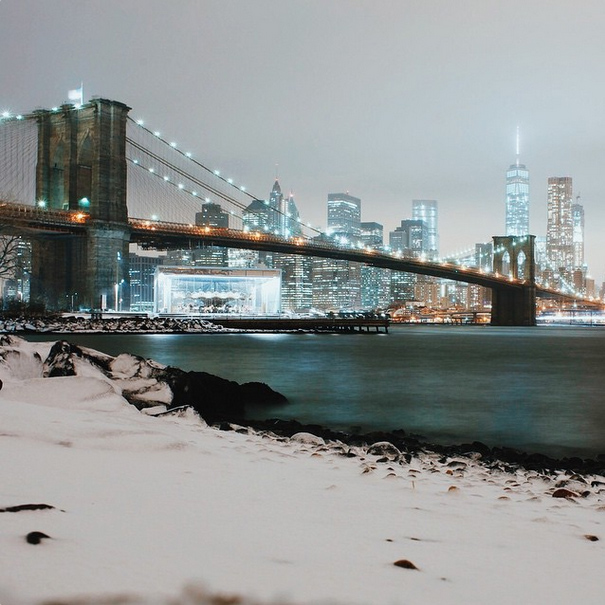
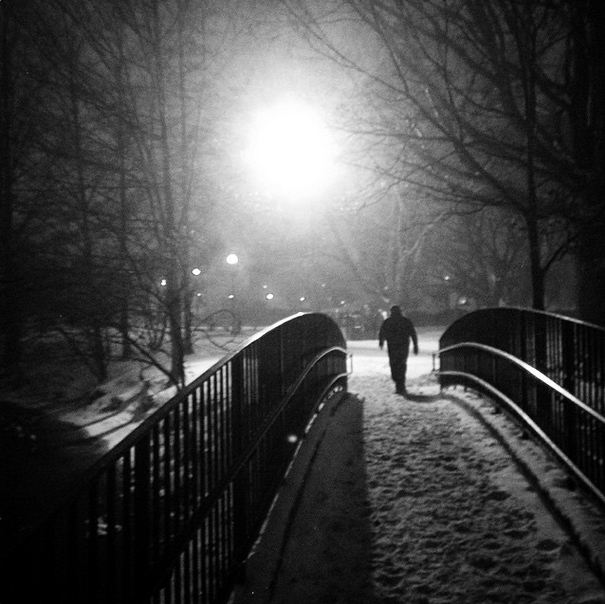
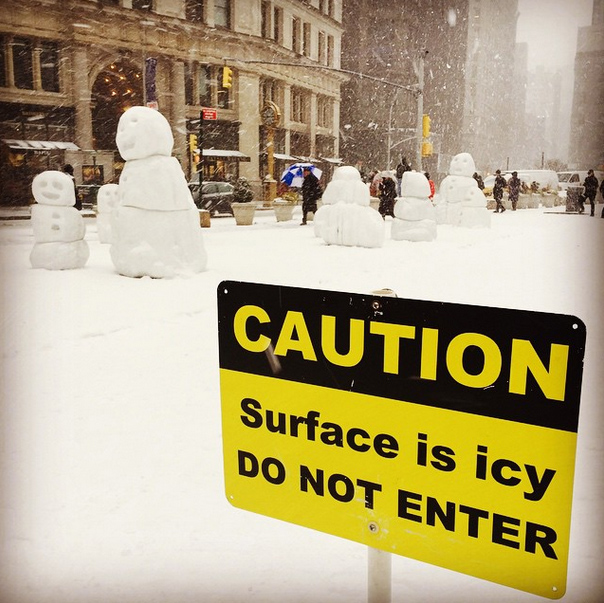
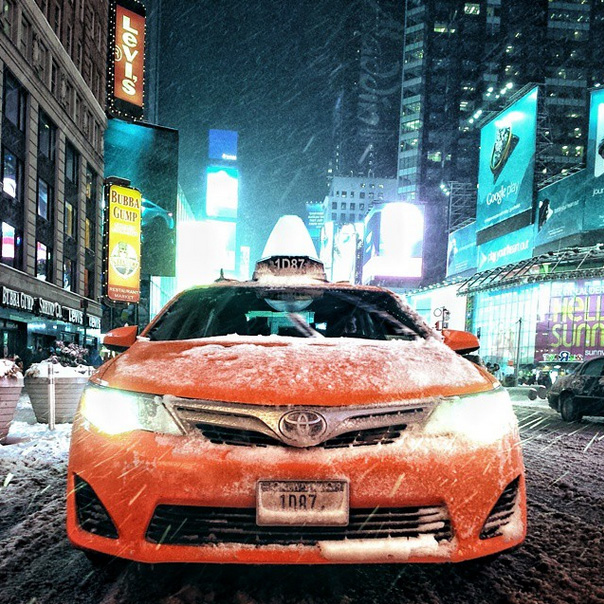
Regional variations matter. It didn’t snow much in New York City. It did snow a lot in Boston. Lots of things in addition to weather also vary with geography. Attitudes toward guns, for example. That’s why it’s often better to handle all but the most core Constitutional freedoms at local levels of government, which have a better handle on local sensibilities than Washington does.
Sometimes the urge to sue is overwhelming. I’m about the least litigious person around and have little to no use for tort lawyers. But where do the businesses of New York and New Jersey go to recover the losses from being essentially ordered to close? In the private sector, if someone got a call as wrong as the governors, the mayor, and the National Weather Service, they’d be on the receiving end of a lawsuit.
Incentives matter. When I moved to Boston from New York a couple of years ago, I couldn’t get over how much better the snow removal is here in Boston. The reason is that in Boston the job is done by private contractors with their own equipment instead of by the New York City method of affixing plows to the front of city-owned garbage trucks operated by unionized city employees.
Religion is one of the strongest forces. A lot of things in Boston and New York are closed, and state authorities are telling people to stay indoors. But the twice-daily prayer service at my synagogue is proceeding as scheduled.
News is often what happens where the reporters are. A snowstorm, real or just predicted, gets a lot more attention when it hits New York City or Washington, D.C. than when it hits Buffalo or Chicago. That’s not because more ordinary people are affected, it’s because that is where the television producers and the newspaper editors happen to live.
The contrarian bet is often the right one. When the politicians, stock market commentators, or weather forecasters say to panic is usually a good time to relax. When they say not to panic, it’s usually a good time to be worried.
Competition and choice have advantages. When there’s one state-run subway system, the governor decides to close it, and it’s closed. In a world with several competing subway lines run by different companies, the different managements may make different choices. Some might close. Some might stay open. Some might stay open and charge higher prices to compensate for the risk of damage to equipment. When the governor decides to ban travel, everyone has to stay off the roads, even if the predicted blizzard turns out to be just a gentle flurry. Better for the governor to just say, “there’s a big snowstorm predicted, please try to stay off the roads if you can so that plows and ambulances can get around,” and let individuals make their own judgments. That’s actually a good approach no matter what the weather is.
Ira Stoll is editor of FutureOfCapitalism.com and author of JFK, Conservative and Samuel Adams: A Life.
More Must-Reads from TIME
- Why Trump’s Message Worked on Latino Men
- What Trump’s Win Could Mean for Housing
- The 100 Must-Read Books of 2024
- Sleep Doctors Share the 1 Tip That’s Changed Their Lives
- Column: Let’s Bring Back Romance
- What It’s Like to Have Long COVID As a Kid
- FX’s Say Nothing Is the Must-Watch Political Thriller of 2024
- Merle Bombardieri Is Helping People Make the Baby Decision
Contact us at letters@time.com